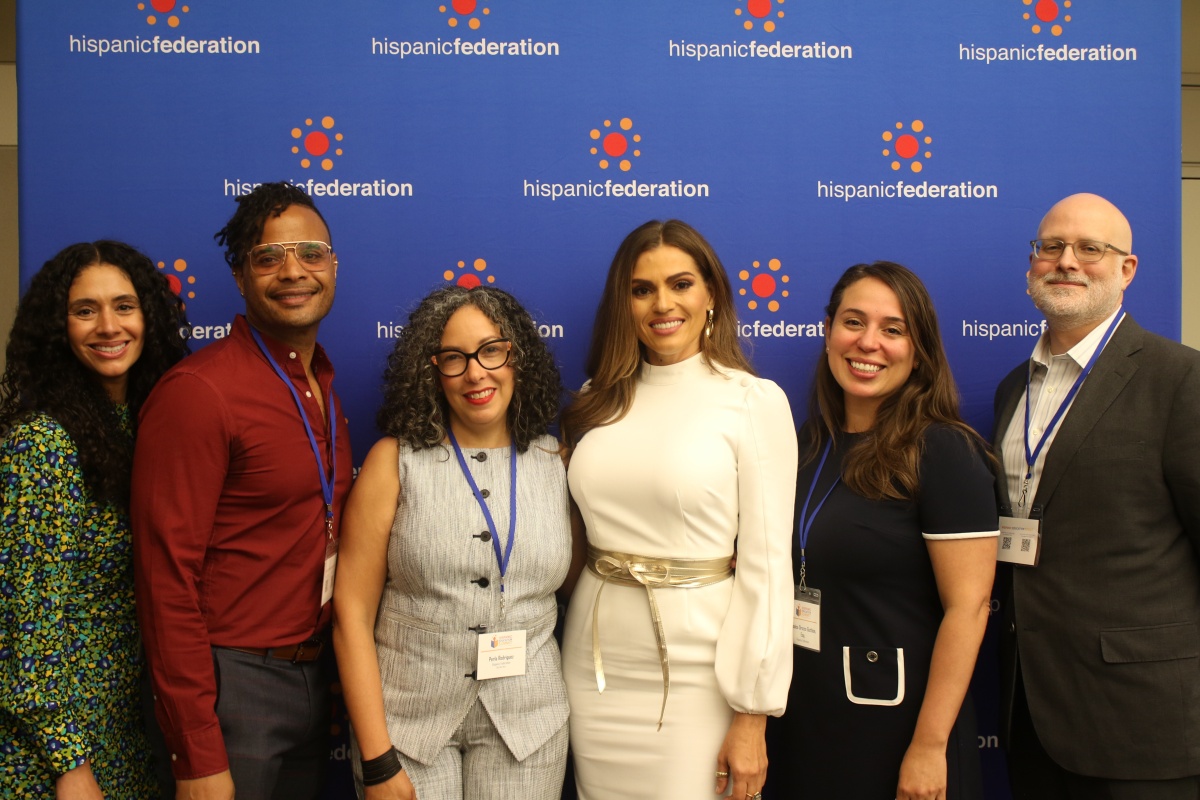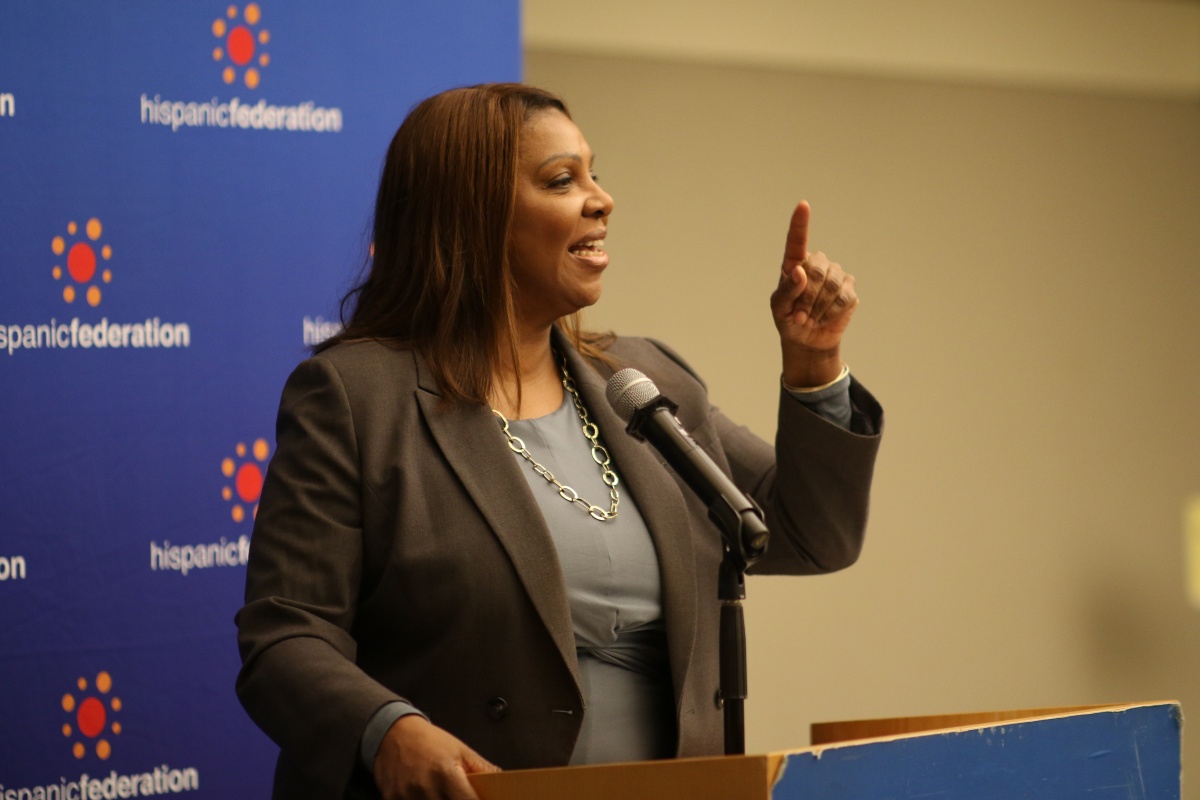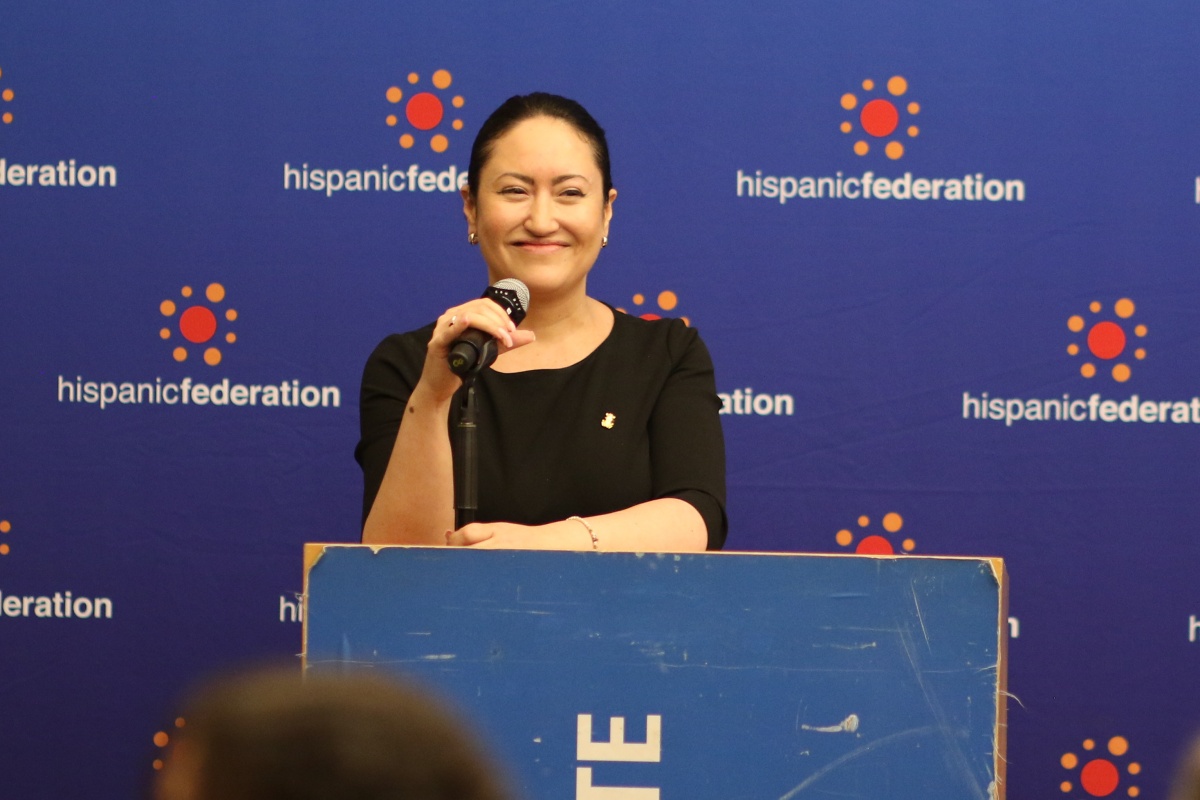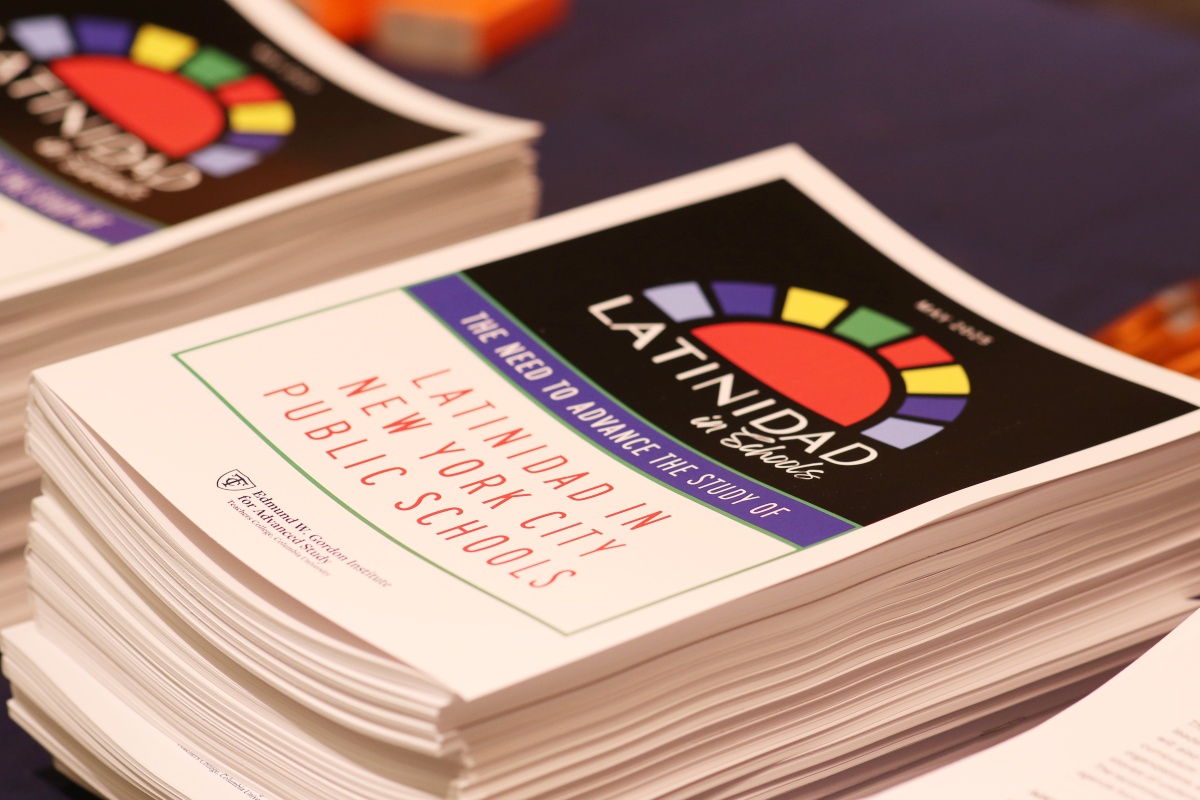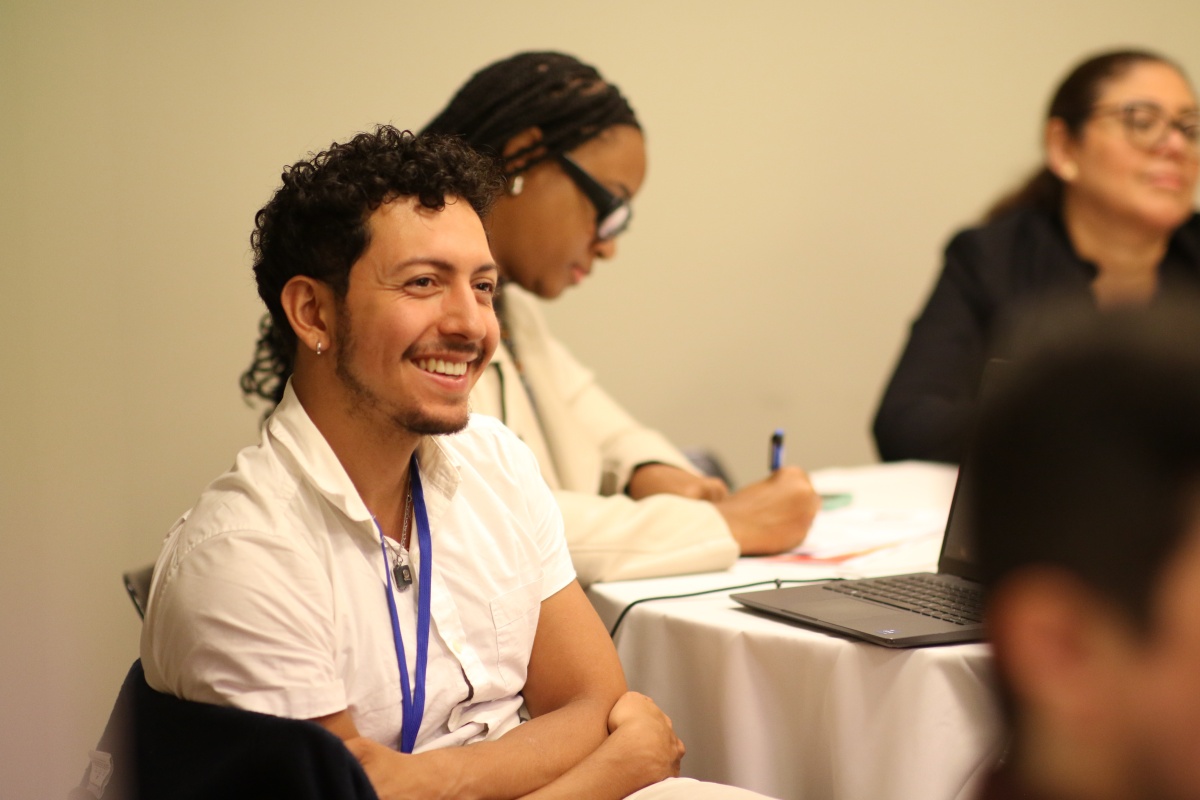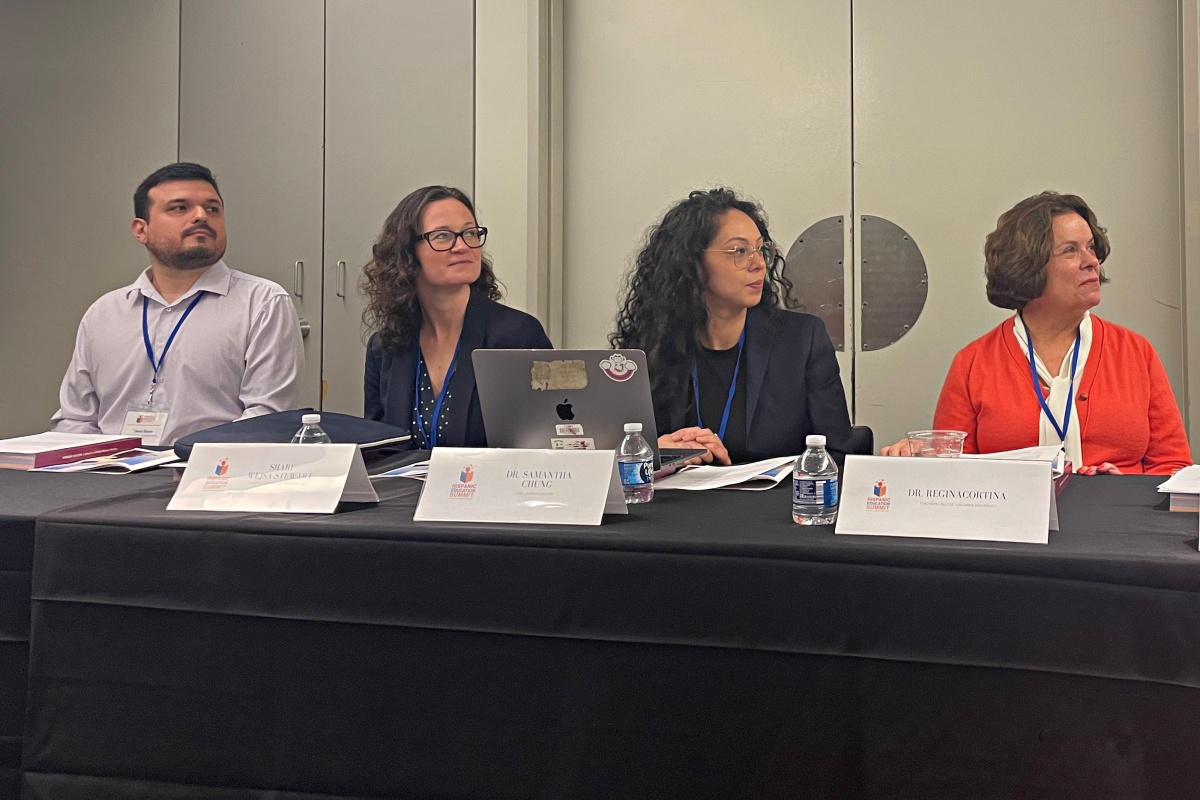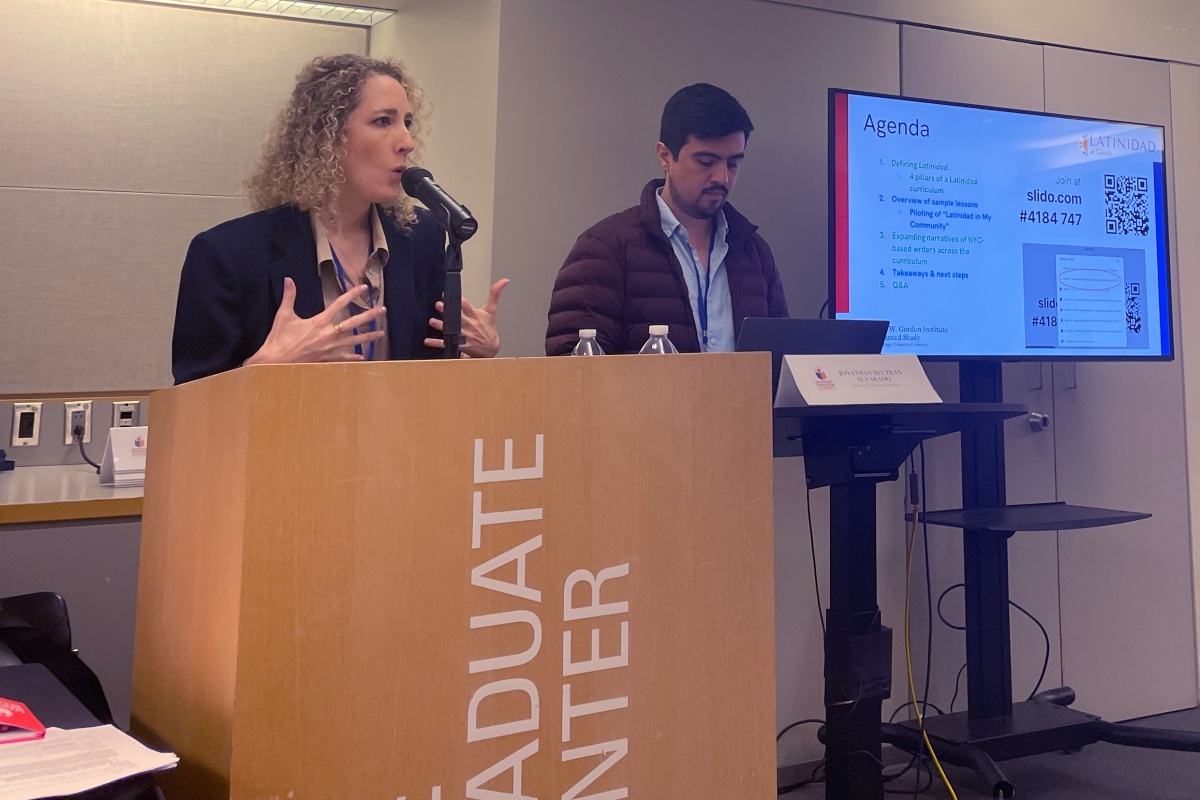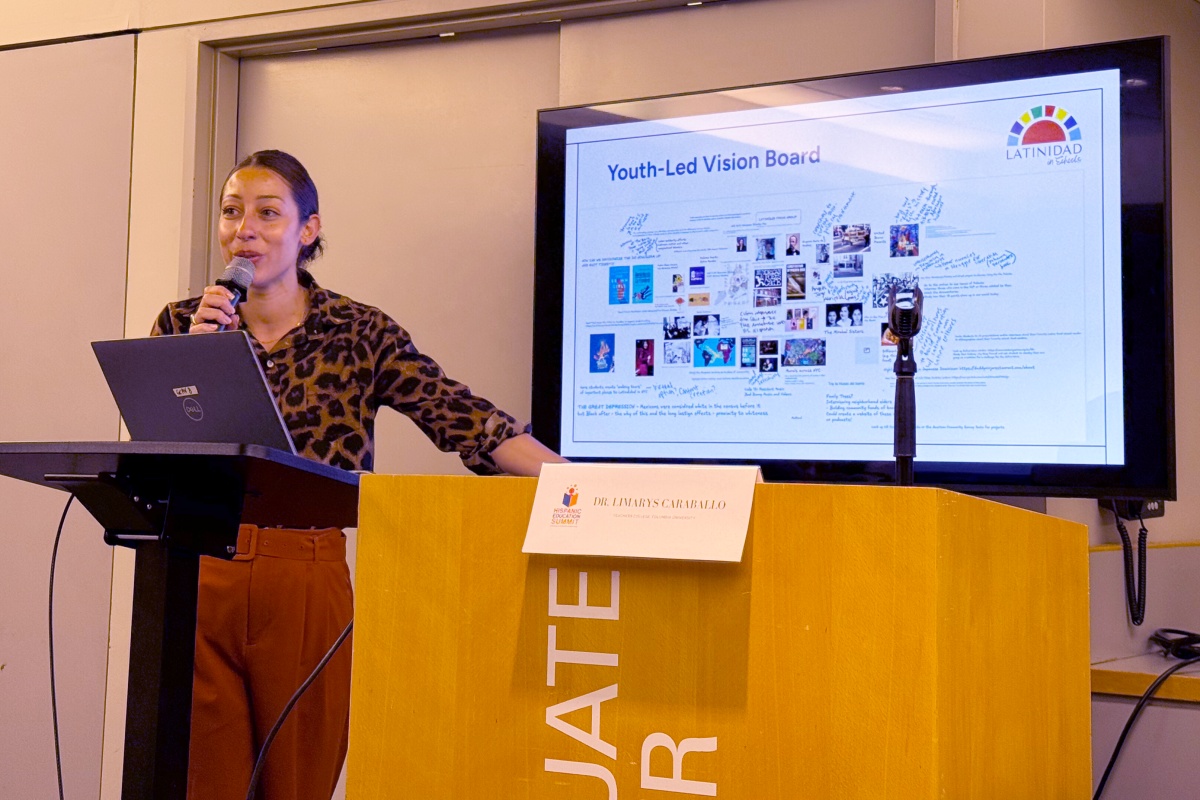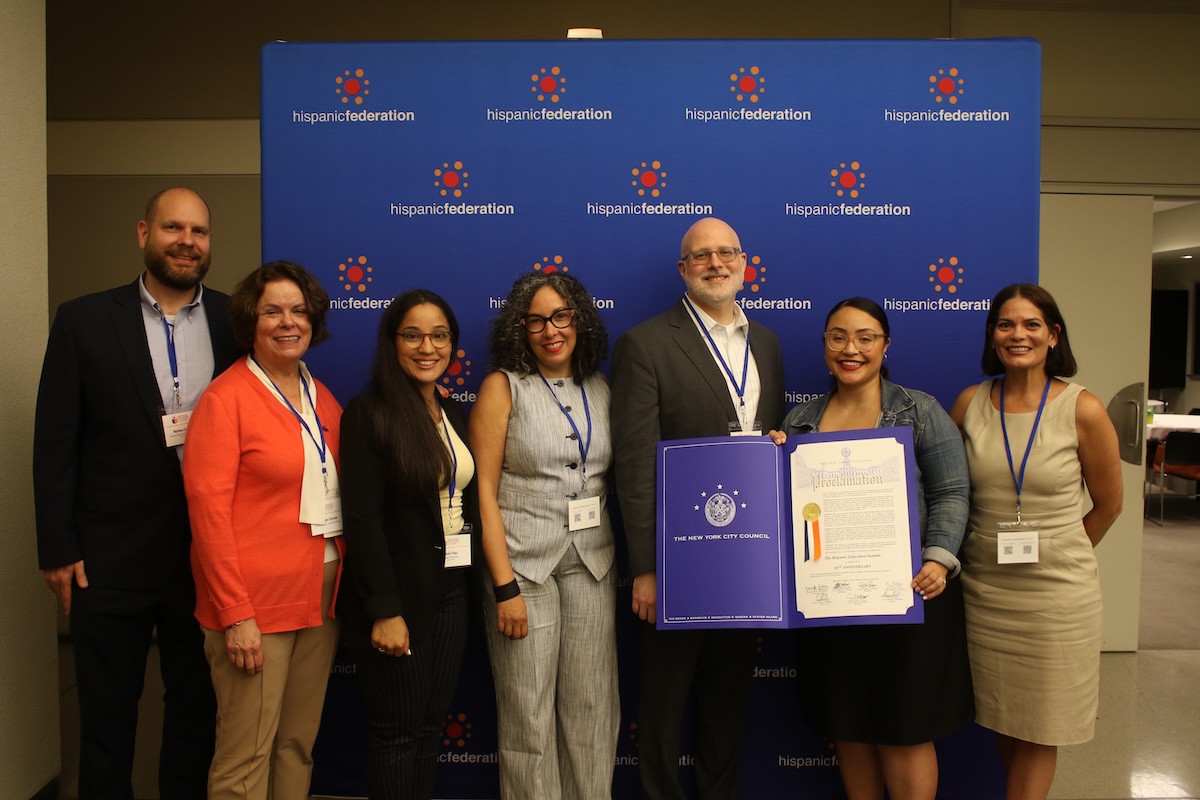New York City’s public school students will soon be immersed in the vibrant multitudes of Latinidad history and culture thanks to the Latinidad Curriculum Initiative, which captivated educators and community members at the recent Hispanic Education Summit. The ongoing project — which could benefit NYC’s nearly 1 million students, including the 42 percent of whom are Latine — is led by a partnership between the Edmund W. Gordon Institute for Advanced Study at Teachers College, United Way of New York City (UWNYC) and the Hispanic Federation.
“As the largest growing population in the United States, Latinos represent a significant demographic in both current and future public schools. Therefore, the educational access of Latino students is essential to our nation's prosperity,” New York State Attorney General Letitia James said in her keynote address. “As leaders in this dynamic, proudly multiracial and pluralistic community in New York City, we must recognize our moral and our fiduciary responsibility to ensure that all children receive the quality education they deserve, especially those who must navigate obstacles to their success that are not of their own making.”
In addition to hearing calls for support from officials like James, more than 300 attendees learned about the curriculum that will emphasize the diversity of Latinidad cultures and integrate with core curriculum for easier classroom implementation. Launched by a historic $3 million in funding from the New York City Council as part of its Education Equity Action Plan (EEAP) initiative in late 2024, leaders will soon complete the project’s initial, community-driven groundwork before embarking on additional development.
Hear New York City public school students discuss why the Latinidad Studies Curriculum is important to them.
Though designed for New York City public schools, the open-source curriculum will be accessible to educators everywhere — a key decision that speaks to the curriculum’s importance “for communities across New York City and across the country,” explained Ezekiel Dixon-Román, Director of TC’s Gordon Institute.
He emphasized the importance of the curriculum in relation to histories of marginalization and the ongoing persecution and disappearance of Latinos in the U.S.
“If Latinos were appreciated, valued and understood — the meaningful and significant contributions that [we] have made throughout history, in multiple areas, not just in agriculture, not just in infrastructure, but also in science, in politics and all [subjects] — the sociopolitical subjection and violence on our communities would not persist,” said Dixon-Román, Professor of Critical Race, Media, and Educational Studies. “This curriculum will help to rewrite the narrative of the importance of Latinidad in New York City and the United States reorienting how Latinos are understood and recognized while enabling the communities’ affirmative identities, pride, and achievements.”
The Latinidad Curriculum Initiative’s first strategic report, authored by the Gordon Institute, outlines “what is needed in a quality K-12 Latinidad curriculum,” offering foundational insight like demographic and historical data as well as a conceptual framework for the curriculum, sample lesson plans and a glimpse at the future.
The curriculum development is led by principal investigator Limarys Caraballo (Ed.D. ’12), Associate Professor of English Education, co-PI Regina Cortina, Professor of Education, and Dixon-Román. Their report, supported by a team of TC faculty and doctoral student researchers, presents a framework and scope that emphasizes four priorities: “belonging, critical skills across contexts, multiple ways of knowing, and dynamic and inquiry-based learning.”
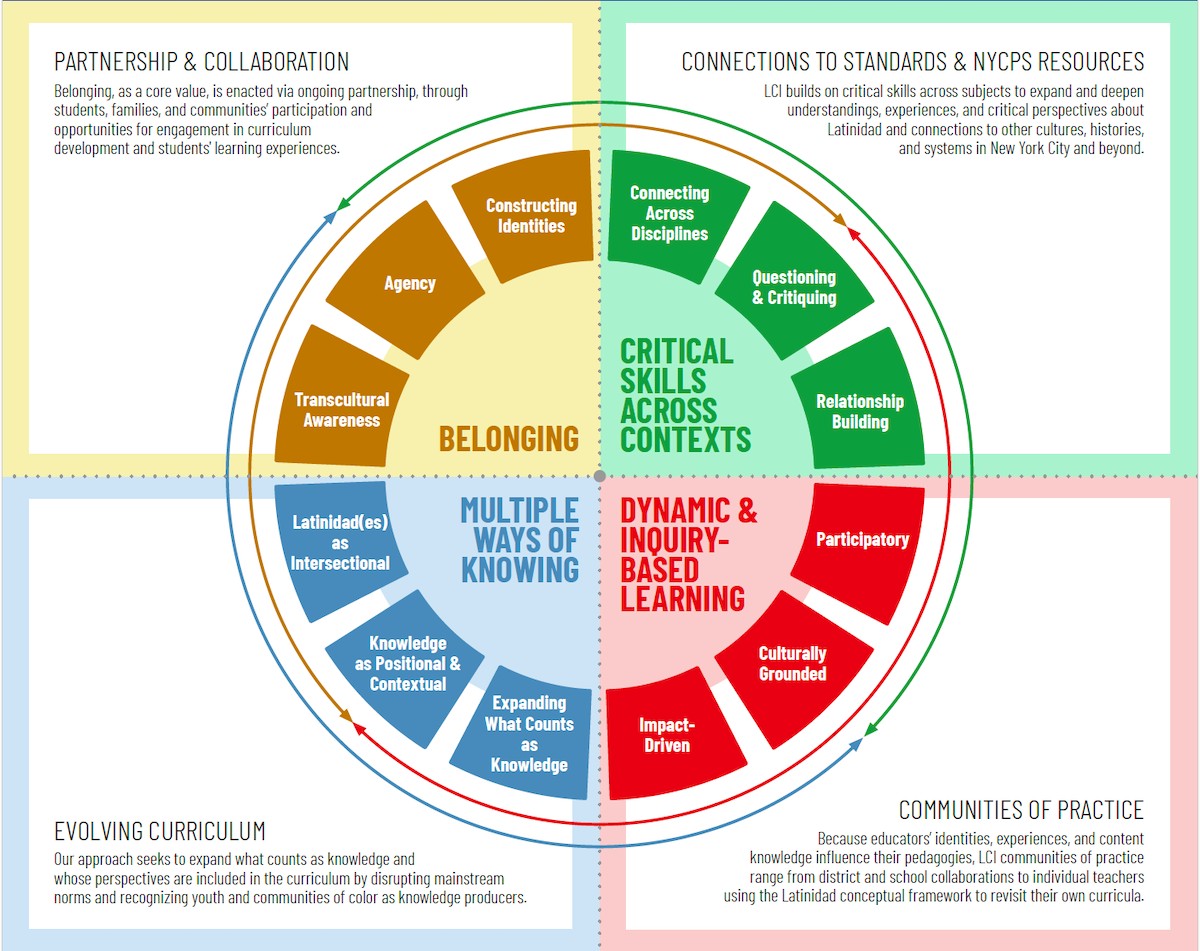
The conceptual framework and scope for the curriculum includes four key areas:
- Partnership & Collaboration - "Belonging, as a core value, is enacted via ongoing partnership, through students, families, and communities’ participation and opportunities for engagement in curriculum development and students' learning experiences.”
- Connections to Standards & NYCPS Resources - The Latinidad Curriculum Initiative “builds on critical skills across subjects to expand and deepen understandings, experiences, and critical perspectives about Latinidad and connections to other cultures, histories, and systems in New York City and beyond.”
- Evolving Curriculum - “Our approach seeks to expand what counts as knowledge and whose perspectives are included in the curriculum by disrupting mainstream norms and recognizing youth and communities of color as knowledge producers.”
- Communities of Practice - “Because educators’ identities, experiences, and content knowledge influence their pedagogies, LCI communities of practice range from district and school collaborations to individual teachers using the Latinidad conceptual framework to revisit their own curricula.”
(Infographic courtesy of the Gordon Institute)
For the Gordon Institute’s researchers, embracing a multimodal approach to curriculum is essential in helping Latine students engage meaningfully with academic material. Sample lessons in the project’s initial report leverage music, photography, and students’ personal experiences to facilitate dialogue and learning.
“If we only think about knowledge in particular ways, if we only consider what has historically been in our curricular texts, then we will miss a lot of those narratives that have not ever been recognized in the mainstream discourse,” Caraballo explained to participants at the summit. “So it's important not just to recognize that we need to have different historical facts in the curriculum, but we also need to expand what counts as curriculum.”
Project leaders attest that the curriculum will continue to evolve based on collaboration with stakeholders and communities. The approach is encouraging for partners like Tom Liam Lynch (Ed.D. ’11), the Vice President of Education at United Way of New York City.
“I'm really honored to be partners in this with the Teachers College team…The curricular blueprint that they've created for this work is so smart. It puts engagement with community first, it puts inquiry and curiosity first, and it doesn't pretend to have all the answers. It's being designed in a way that's intended to be injected and overlaid,” said Lynch, emphasizing the importance of balancing standards with community need. “The spirit of what the TC [team] is creating…starts with the beauty, the joy, the curiosity, the creativity of the kids, of the communities, of the parents. And you just don't see that often enough.”
I'm really honored to be partners in this with the Teachers College team…The curricular blueprint that they've created for this work is so smart. It puts engagement with community first, it puts inquiry and curiosity first, and it doesn't pretend to have all the answers. It's being designed in a way that's intended to be injected and overlaid...The spirit of what the TC [team] is creating…starts with the beauty, the joy, the curiosity, the creativity of the kids, of the communities, of the parents. And you just don't see that often enough.
Adding to NYC Schools’ Black Studies curriculum, developed by the TC’s Black Education Research Center and launched last year, the Latinidad Curriculum Initiative will continue work in its second year through additional curriculum development, the creation of a professional learning plan for implementation, and numerous community-driven opportunities to contribute to the project.
“Our Latinidad curriculum is beneficial for all students of New York City because it will offer an opportunity for students to learn from each other,” Cortina stated in testimony to the New York City Council. “It will enable students to interact with those who are different from themselves, to discover commonalities, and ultimately to attain a more comprehensive understanding of the dynamics and unique backgrounds and experiences of this place and the communities where we live.”

